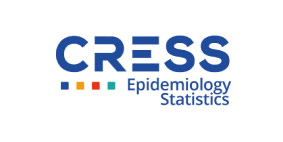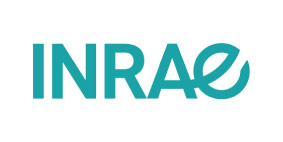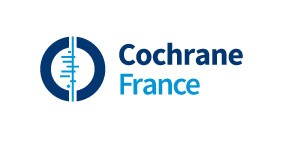What factors might influence the trustworthiness of non-randomized (observational) studies of interventions?
Why are we doing this survey?
The prominence of non-randomized studies of the effects of interventions (NRSI), i.e., observational studies assessing the effectiveness of interventions, has increased in recent years, especially with the surge of large routinely collected data.
Tools have been developed to assess the risk of bias of these studies (e.g., ROBINS-I). However, as researchers, our trust in the results of reports of NRSI can be influenced by factors other than the risk of bias. These factors can pertain to the study itself, but also external factors such as the field where it is performed, the circumstances under which it is performed, the journal where it is published or other.
What is our aim?
The aim of the survey is to identify the factors that might influence the trustworthiness of non-randomized studies of interventions.
The protocol is registered on OSF and can be accessed here.
Trustworthiness is defined as the proper, justified or rational trust in the study findings, i.e. the findings of a study are trustworthy if there is good reason to think that these findings are true or at least sufficiently close to the truth and that they are based on sufficient high-quality evidence1.
What will be your role?
It would be great if you could list factors that may influence your trust in non-randomized studies of interventions. Completing the survey will take approximately 10-15 minutes. Only de-identified data will be collected and analyzed, and the collected data will remain confidential and anonymous.
If you agree, you will be acknowledged in the resulting manuscript, provided you share your name and affiliation at the end of the survey.
Should you have any questions about this study at any time, kindly contact the research team.
If you voluntarily agree to take part in the study; you can access the survey by clicking NEXT.
1Peels R, Bouter L. Replication and trustworthiness. Account Res. 2023 Feb 17;30(2):77–87.
- To secure the confidentiality of your responses, your name and other identifying information will never be attached to your answers.
- All codes and data will be stored on password-protected computer that is kept secure.
- Data access is limited to the researchers working directly on this project and the technical administrators of the website.
- All data will be destroyed responsibly after a retention period of five years.
- Your privacy will be maintained in all published and written data resulting from this study.







